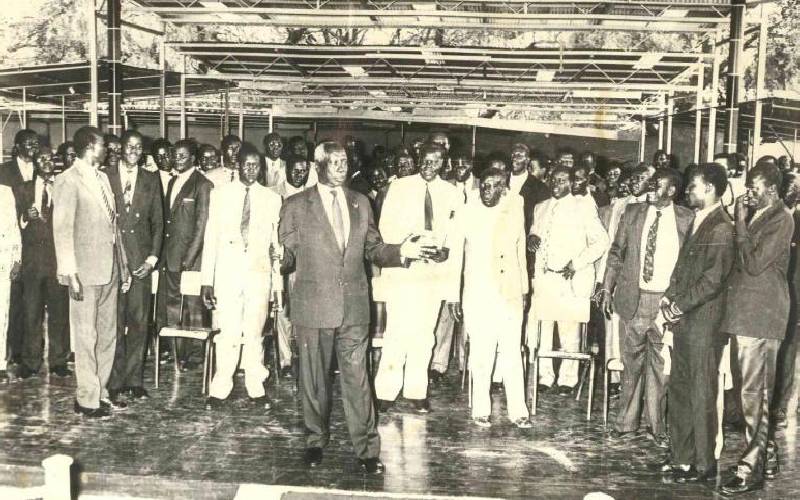×
The Standard e-Paper
Smart Minds Choose Us

Former President Daniel arap Moi is hailed as a masterful political chess player who was always one step ahead of his rivals.
In his biography Not Yet Uhuru, Kenya’s first Vice President Jaramogi Odinga Oginga described Moi as ‘the giraffe that saw far’ - an apt observation that was vindicated when Moi patiently waited in the wings before taking over after the death of Jomo Kenyatta in 1978.